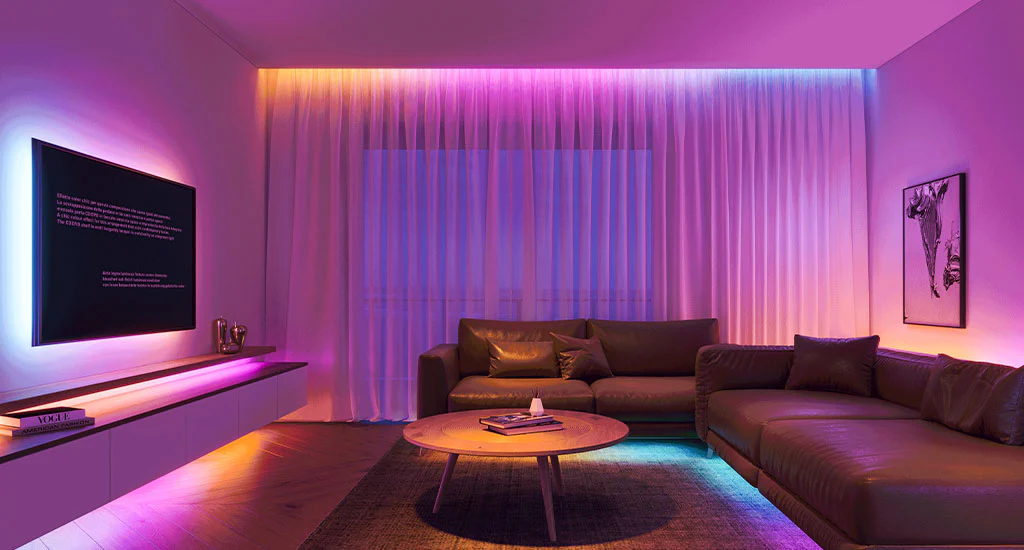In today’s world, energy efficiency, sustainability, and innovation are key drivers in various industries, especially in the lighting sector. The rise of LED (Light Emitting Diode) technology has revolutionized the way we approach lighting solutions, offering benefits such as reduced energy consumption, long lifespan, and superior performance. At the core of this transformation are LED Module suppliers who play an essential role in supplying these advanced lighting solutions to businesses, manufacturers, and consumers alike.
What is an LED Module?
An LED module is an integrated component that houses multiple LEDs, along with the necessary circuitry to drive and control the lights. These modules come in various shapes, sizes, and configurations and are often used in a wide range of applications, from residential and commercial lighting to automotive and signage. LED modules are typically designed to be more efficient than traditional lighting technologies, offering better brightness, lower energy consumption, and longer lifespans.
LED modules are also available in different types based on their configuration, including single-color modules, RGB (red, green, blue) modules for full-color lighting, and tunable white modules that allow users to adjust color temperature. As a result, LED module suppliers must ensure that they provide high-quality and reliable products that meet the specific needs of their customers.
Role of LED Module Suppliers
LED module suppliers serve as the vital link between manufacturers and end users of LED technology. They source high-quality LED modules from manufacturers and distribute them to various industries, including lighting, advertising, automotive, and electronics. Suppliers can either work with a single manufacturer or partner with several manufacturers to offer a variety of products to their customers.
One of the primary roles of an LED module supplier is to ensure the availability of high-quality, innovative, and cost-effective products. With the rapid growth of the LED market, the demand for LED modules has increased, and suppliers need to keep up with this demand by offering the latest technology, including smart lighting solutions, wireless control, and energy-saving designs.
Moreover, LED module suppliers also play a crucial role in providing technical support and guidance to their customers. As LED lighting technology continues to evolve, suppliers must help businesses understand the different types of modules available, their applications, and how to integrate them into existing lighting systems.
Factors to Consider When Choosing an LED Module Supplier
Selecting the right LED module supplier is essential for businesses that rely on high-quality lighting solutions. Here are a few factors to consider when choosing an LED module supplier:
- Product Quality and Reliability
One of the most important aspects of any LED module supplier is the quality of their products. LED modules should be durable, efficient, and consistent in performance. It is crucial to select a supplier that works with reputable manufacturers who use high-quality materials and ensure rigorous testing processes. - Range of Products
A reliable LED module supplier should offer a wide range of LED modules suitable for various applications. Whether you need modules for architectural lighting, signage, automotive, or industrial purposes, it’s essential that the supplier can meet your specific requirements. - Cost-Effectiveness
While quality is important, businesses also need to consider the cost of LED modules. A good LED module supplier should offer competitive pricing without compromising on the quality of the products. It’s essential to strike the right balance between cost and performance to achieve long-term value. - Technical Support and Expertise
LED technology can be complex, and selecting the right module for a specific application may require technical expertise. Choose a supplier that offers robust technical support and has a knowledgeable team to assist with product selection, installation guidance, and troubleshooting. - Certifications and Standards
Make sure the LED modules you source meet industry standards and certifications, such as CE, RoHS, or UL. These certifications ensure the products meet safety, environmental, and quality standards, which is vital for both legal compliance and customer satisfaction. - Customization Options
Some businesses require customized LED modules to meet specific design or functionality needs. Look for suppliers that offer customizable LED modules, whether it’s for unique color temperatures, shapes, or sizes.
Leading LED Module Suppliers in the Market
Many companies around the world specialize in manufacturing and supplying LED modules. Some of the leading suppliers include:
- Philips Lighting
Philips is a well-known global leader in the lighting industry and offers a comprehensive range of LED modules suitable for various applications. Their products are known for quality, energy efficiency, and innovation. - Osram
Osram is another leading supplier of LED modules, providing high-performance modules for both professional and consumer lighting solutions. The company offers a wide range of modules for industrial, automotive, and decorative lighting. - Cree
Cree is a renowned supplier of LED modules, with a focus on delivering efficient, high-quality LED lighting products. Their modules are known for exceptional performance in demanding applications. - LG Innotek
LG Innotek manufactures advanced LED modules with a focus on energy efficiency, environmental sustainability, and cutting-edge technology. They offer a wide range of modules suitable for various industries. - Sharp
Sharp is a respected supplier of LED modules, providing solutions for signage, automotive, and general lighting applications. They are known for offering reliable and durable products.
Conclusion
LED module suppliers play an indispensable role in the lighting industry by providing high-quality, energy-efficient solutions to businesses and consumers. When selecting an LED module supplier, it’s important to focus on factors such as product quality, range of options, cost-effectiveness, and technical support. By partnering with a reliable supplier, businesses can ensure that they have access to the latest and most effective LED technologies, which can help reduce energy costs, improve lighting quality, and meet sustainability goals.

















+ There are no comments
Add yours